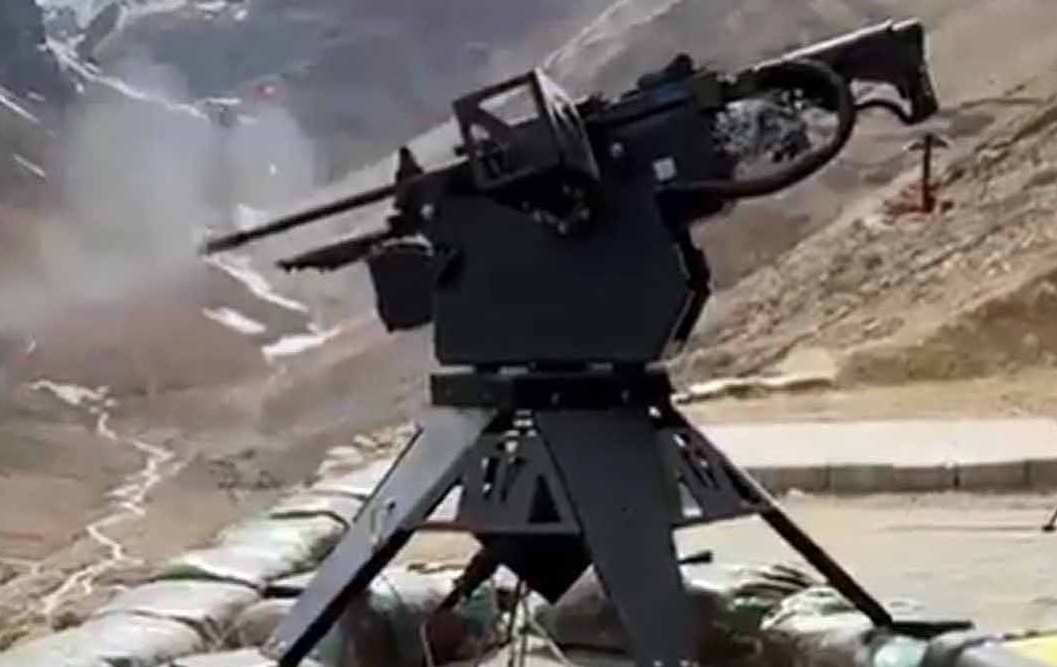Trudeau’s India Allegations Aim to Divert Attention from Nijjar’s Misdeeds

The killing of Khalistani terrorist Hardeep Singh Nijjar has fueled speculation of internal factional violence or revenge, amidst Canada-India tensions. Canadian authorities face criticism for their handling of the case and perceived political support for Khalistani groups.
The recent killing of Hardeep Singh Nijjar, a prominent Khalistani terrorist and chief of the Khalistan Tiger Force, has sparked significant controversy and speculation. Canadian officials and media have suggested India's involvement, but several theories indicate internal factional violence or revenge as possible motives.
Officials tracking Khalistani groups in Canada believe that the Canadian government, led by Prime Minister Justin Trudeau, is attempting to divert attention from Nijjar's possible role in the assassination of Ripudaman Singh Malik. Malik, a Sikh activist who was acquitted in the 1985 Air India Kanishka bombing, was killed in Surrey, Canada, on July 15, 2022. Malik had praised Indian Prime Minister Narendra Modi for his efforts to support the Sikh community, which made him a target for pro-Khalistan elements.
On July 27, 2022, Canadian police arrested Tanner Fox and Jose Lopez for Malik's murder. Fox, who was also implicated in other violent incidents, including a road rage stabbing in 2020, was re-arrested in May 2023 for another murder. However, Canadian authorities closed the investigation into Malik's murder without revealing the motive or connections behind it.
Sources suggest that Nijjar orchestrated Malik's killing due to Malik's pro-India stance and growing influence within the Canadian Sikh community. Alternatively, Malik might have been targeted for past Khalistani affiliations or as part of ongoing power struggles among Sikh groups in Canada.
A lead provided to Canadian officials hinted that Malik and his associate Balwant Singh Bhandher had printed the Sikh holy book, Guru Granth Sahib, without permission from the Akal Takht, Sikhism's highest authority. This lead, however, was not thoroughly investigated.
Nijjar's killing, believed to be a result of factional conflicts or a revenge act for Malik's murder, led to the arrest of four individuals, including 22-year-old Kamalpreet Singh, linked to prominent Sikh figures in Canada and Punjab. The intertwined relationships of these individuals suggest deep-rooted enmity and complex motivations.
Canadian authorities have faced criticism for their handling of these cases and their perceived political support for Khalistani groups, which hold significant sway in Canadian elections. Trudeau's government, which includes multiple Sikh ministers, has been accused of legitimizing extremist elements under the guise of free speech, a stance criticized by India's External Affairs Minister S. Jaishankar.
Jaishankar highlighted that many individuals with organized crime links from Punjab have found refuge in Canada, complicating bilateral relations. He compared this situation to Pakistan's harboring of criminals like Dawood Ibrahim, emphasizing the challenge India faces in addressing these issues with Canada.
In a related development, Canadian police recently warned Hardeep Malik, Ripudaman Malik's son, of potential threats to his life. This warning followed media reports suggesting Indian involvement in Ripudaman Malik's murder, which Indian intelligence sources dismissed as a misinformation campaign.
With Canada set to hold elections in October 2025, the current political and electoral dynamics are unlikely to change soon. The complex interplay of crime, politics, and international relations continues to strain Canada-India ties, leaving many questions unanswered about the real motives and actors behind these high-profile killings.
The Khalistani movement, seeking an independent Sikh state in Punjab, India, has long been a source of tension between Canada and India. The movement gained momentum in the 1980s but has since diminished in India while finding support among some Sikh diaspora communities, particularly in Canada. The 1985 Air India bombing, one of the deadliest aviation attacks in history, remains a significant point of contention, with ongoing debates about justice and accountability.
Canada's political landscape, with its emphasis on multiculturalism and free speech, has often clashed with India's security concerns. The presence of pro-Khalistan elements in Canada and their influence on domestic politics continue to complicate diplomatic relations, highlighting the need for a balanced approach that addresses both security and community rights.
✍️ This article is written by the team of The Defense News.






